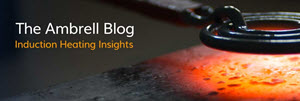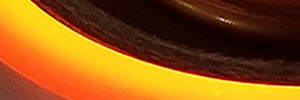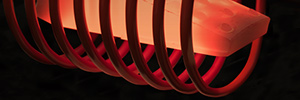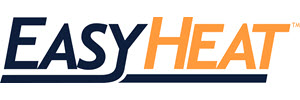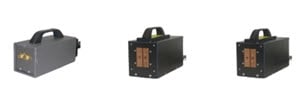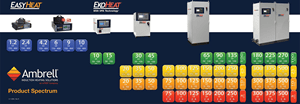Soldering Fiber Optics with Induction
Soldering Fiber Optics with Induction
- Home
- Applications
- Fiber Optics
Can fiber optics components be soldered with induction?
Our applications laboratory has considerable experience with a variety of soldering applications and would be happy to review your fiber optics soldering application.
Induction generates an electromagnetic field in a work coil that induces currents in the conductive material of a workpiece placed within or near the coil. Friction from these currents elevates the temperature of the materials to be soldered.
Benefits of Fiber Optics Sealing with Induction
Induction meets tight production tolerances delivering precise localized heat to small areas creating pinpoint accuracy. The process increases production rates with faster heating cycles, reduces defect rates with repeatable, reliable heat and eliminates variability from operator-to-operator, shift-to-shift.
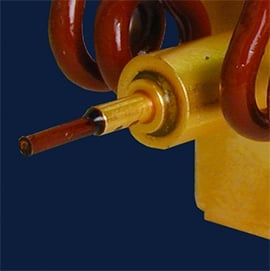
Select from our collection of fiber optics sealing notes, taken from years supporting our customers. Read how we helped to solve their process heating challenges.
 Soldering Ferrule and Module Assembly
Soldering Ferrule and Module Assembly
To heat ferrule and module assemblies for a soldering application in the fiber optics industry.
 Heating a Kovar Ferrule for Glass Soldering
Heating a Kovar Ferrule for Glass Soldering
The solder formed a relatively uniform domed seal around the fiber despite the asymmetry of the open C coil. It took under 10 seconds to heat the part to soldering temperature
 Hermetic Sealing a Ferrule & Fiber Optic Cable
Hermetic Sealing a Ferrule & Fiber Optic Cable
To heat a Kovar ferrule and fiber optic cable to 297°F within 10 seconds for a soldering application, to form a hermetic seal
 Solder Fiber Optic Cable to Ferrule & Preform
Solder Fiber Optic Cable to Ferrule & Preform
Induction heating provides rapid localized heat only where needed, repeatable, consistent results with clean, controllable joints
 Hermetically sealing a fiber optic cable in a kovar ferrule
Hermetically sealing a fiber optic cable in a kovar ferrule
Induction heating provides instant start up time, requiring very little power resources, pin point accuracy, a clean source of heat which is easily integrated into existing automated systems
 Curing Epoxy On A Laser Diode Assembly
Curing Epoxy On A Laser Diode Assembly
To heat epoxy on a laser diode assembly to 250°F within 5 seconds for a curing application
A special steel tube and coil combination is used to build an induction heating oven to cure the fiber on a continuous basis. The ceramic fiber travels in an alumina tube inside a hot steel tube
 Induction Melting Glass for Fiber Drawing
Induction Melting Glass for Fiber Drawing
To heat a metal susceptor vessel to 2200°F within 25 minutes with induction for a fiberglass melting application
Popular fiber optics sealing Video
Popular fiber optics sealing Note
Other fiber optics sealing Resources
Our Induction fiber optics sealing Systems and Equipment
Four Ways To Contact Ambrell for Support
AMBRELL CORPORATION
1655 Lyell Avenue
Rochester, NY 14606
United States
F: +1 585 889 4030
AMBRELL B.V.
Holtersweg 1
7556 BS Hengelo
The Netherlands
AMBRELL Ltd.
Unit 6, Space Business Centre
Tewkesbury Road
Cheltenham, GLOS, GL51 9FL
United Kingdom
F: +31 546 788 154
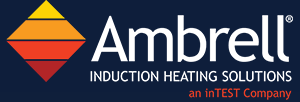

 Curing Ceramic Fiber
Curing Ceramic Fiber